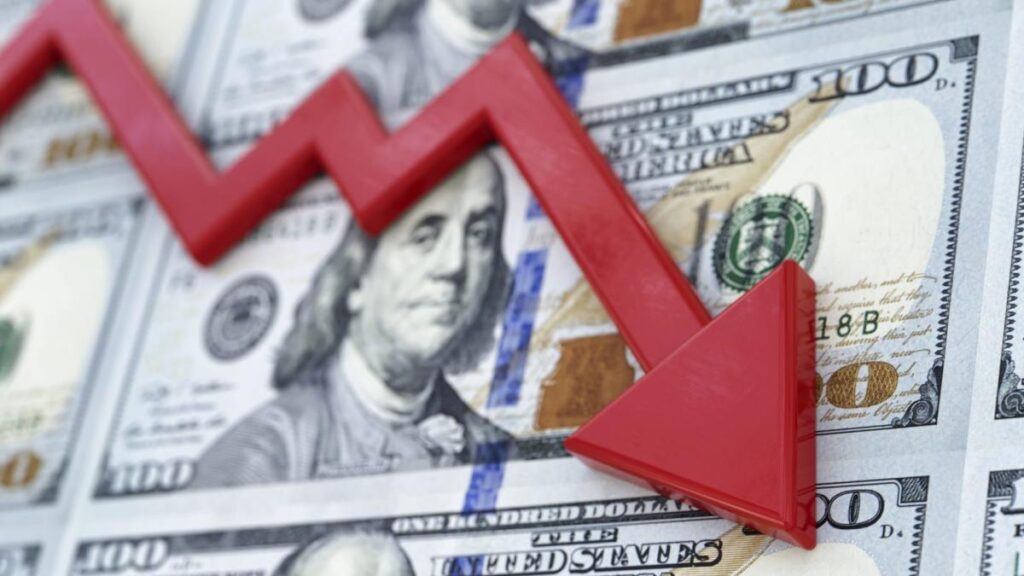When President Donald Trump announced his sweeping tariff plans a few months ago, JP Morgan economists put the chance of a US recession at 60% due to the world trade war and surged price outlook.
Since then, Trump has retreated or delayed many of these plans, with JP Morgan reducing the odds of the recession to “throwing,” suggesting that no recession may occur at all now. But investment banks still hope that the economy will face some rough patches. So Americans should probably be prepared for the possibility of a recession.
Advertisement: High Yield Saving Offer
Powered by Money.com – Yahoo may earn fees through the links above.
“The recent backtracking on US-China tariffs has changed our minds in two important ways,” JP Morgan global economist Joseph Rapton said in a May 27 report. “Firstly, the scale of tariff tax hikes has been reduced and purchasing power is lessened.
Checkout: Trump wants to replace income tax with tariffs: Two impacts on the middle class
Read next: Four housing markets with sharp declines in value over the past five years
As a result, Lupton added: “We don’t have a US recession anymore, but we hope that headwinds will continue to weaken growth throughout the rest of the year.”
Other brokerages have offered similar views in recent weeks. As Reuters reported on May 13, Goldman Sachs cut the US recession forecast from 45% to 35%, while Barclays “denies the risk of a recession completely.”
But others still see a challenging environment just because Trump continues to change his tariff plans.
“[We]had no circumstances where the average tariff rate would be in a few months,” Pulitzer Award-winning economist Paul Krugman said in an April interview on a Bloomberg speech. “[We]had no circumstances where the average tariff rate would be in a few months. “This creates an impossible environment for business.”
Learn more: 9 things middle class should consider downsizing to save monthly expenses
Experts have reduced the chances of a recession, but at least this year – there’s no problem with preparing anyway. Trump appears to be determined to continue pursuing tariffs, and many of these tariffs are likely to lead to higher prices and economic uncertainty, experts say.
If you are worried about a recession, there are a few ways to prepare.
The cost for essential items is reduced. This is a particularly good strategy during high inflation. Check your budget, decide which items you can cut, and direct the extra money towards essentials and savings.
Boost your emergency funds: Recessions often lead to layoffs, employment freezes, and wage freezes. This makes it important to build larger emergency funds to protect yourself from sudden changes in your income or job situation.
Stick to your investment strategy: Stock markets tend to be rocky during recessions, but that doesn’t mean you should make dramatic changes to your strategy. The best way to prepare for a recession is to maintain a diverse portfolio that includes alternative investments such as stocks, bonds, cash and cash equivalents, and real estate. Beyond that, you need to maintain your course in your portfolio so you don’t face losses or tax consequences.
Repay high profits. This is also a good opportunity to pay off your credit card and student loans to ensure you don’t get caught up in many high profits when the recession occurs.
